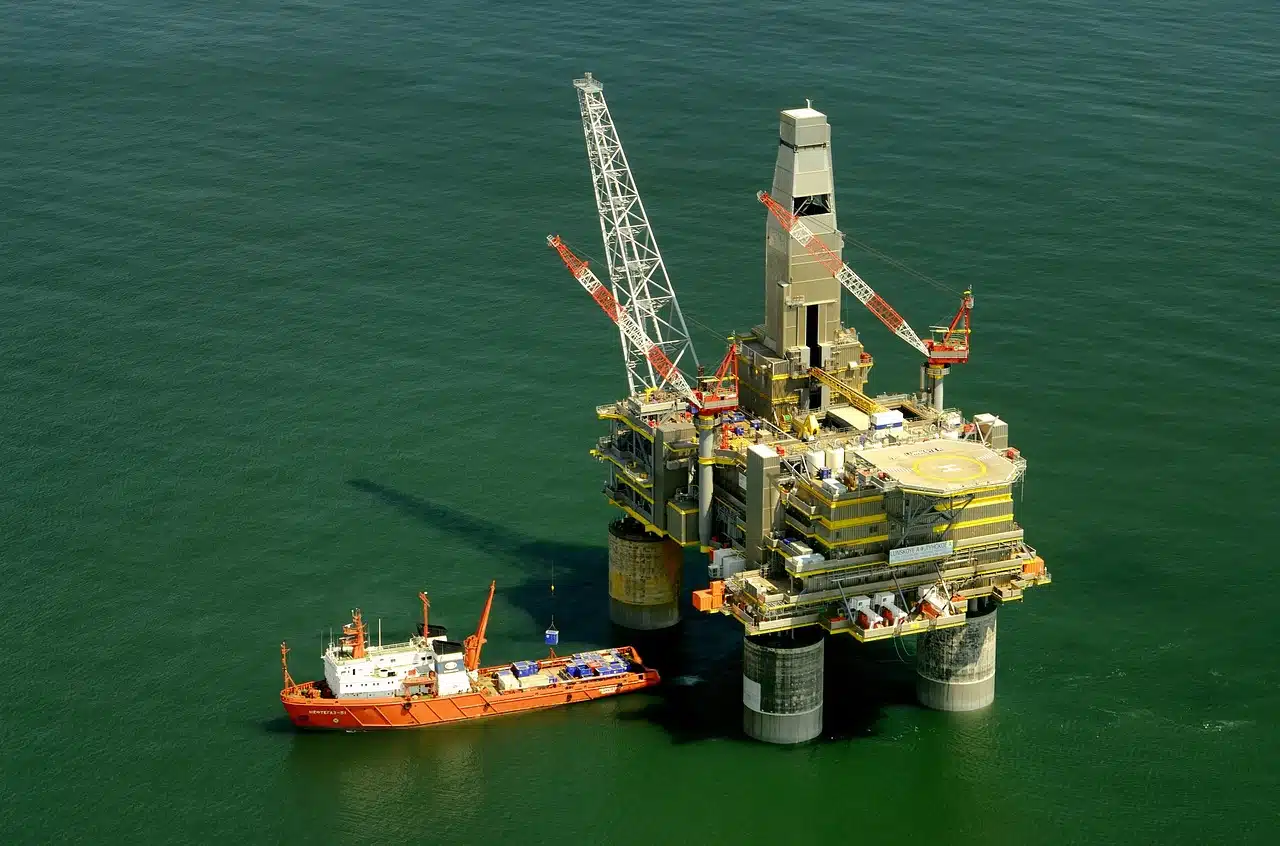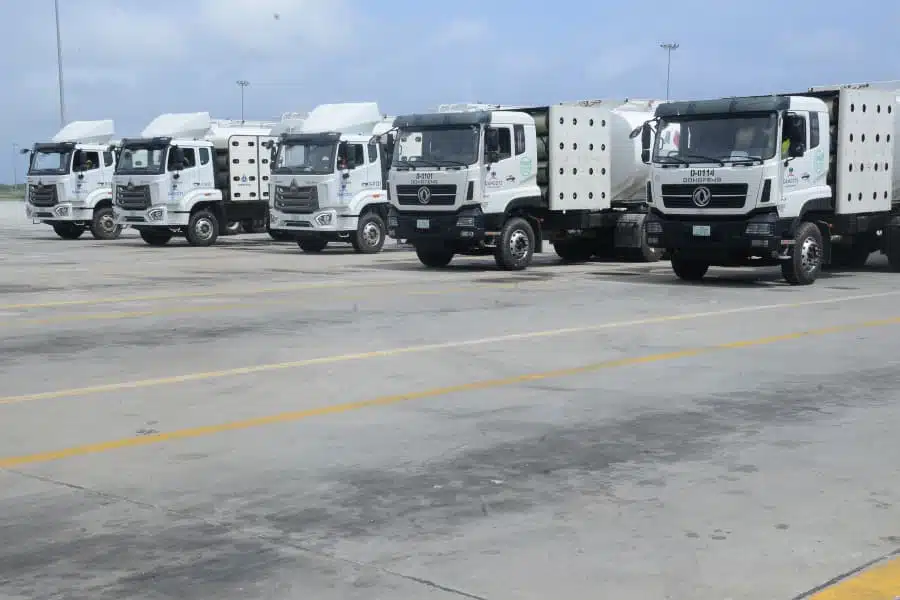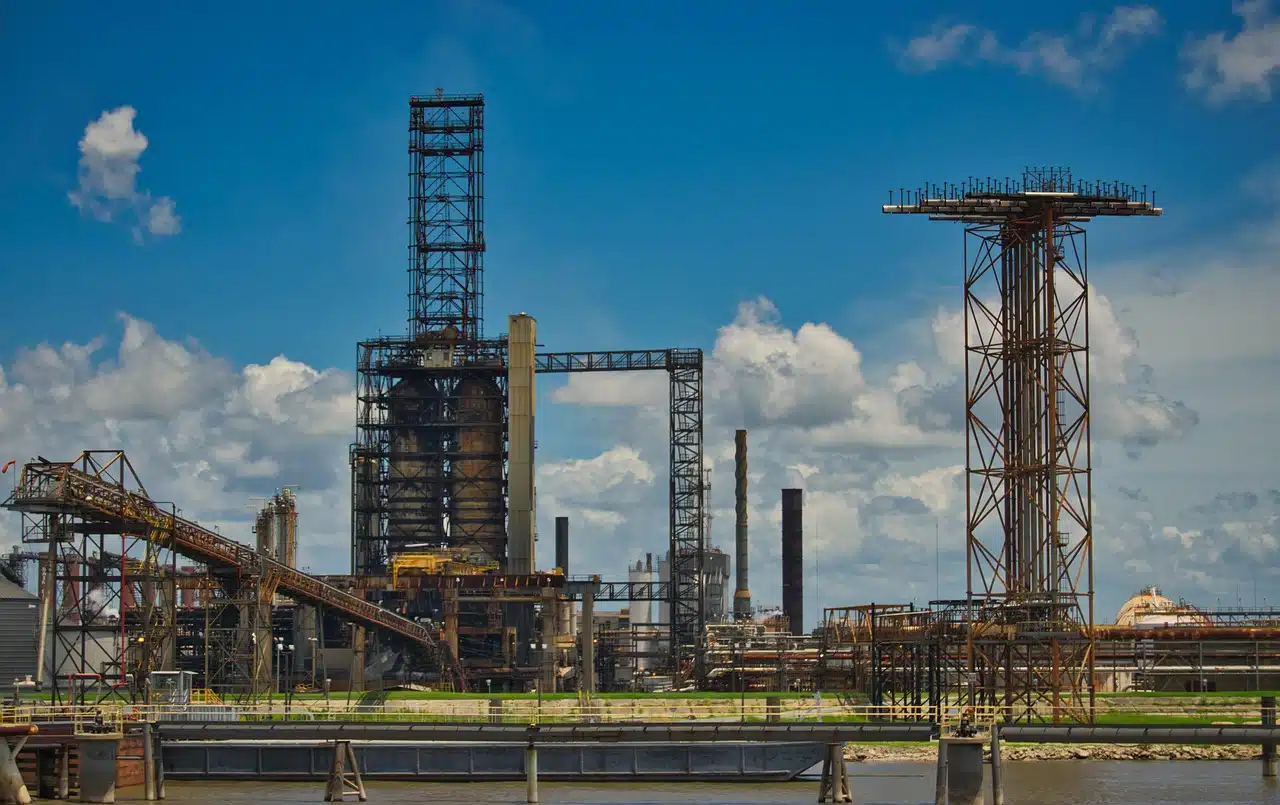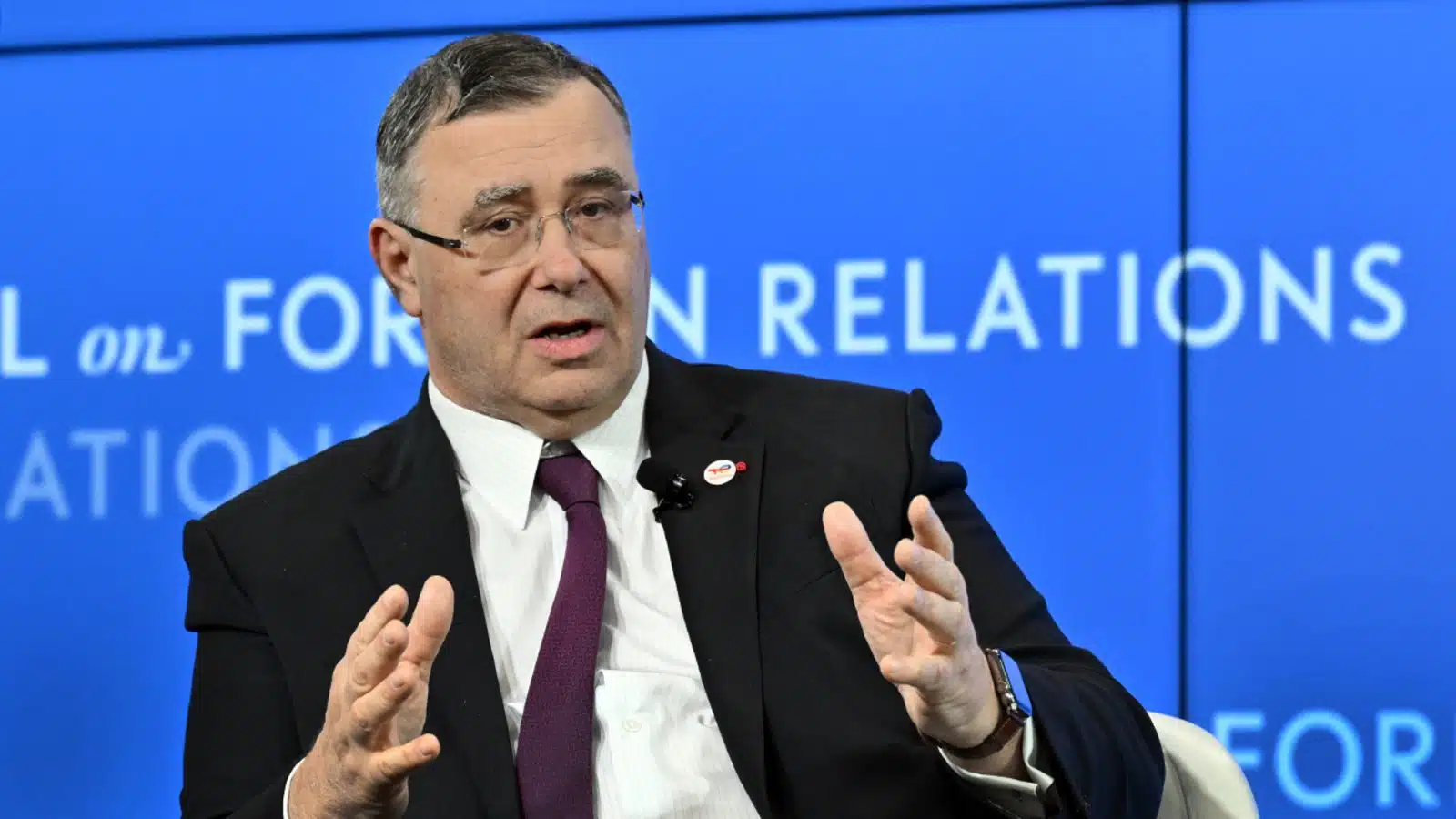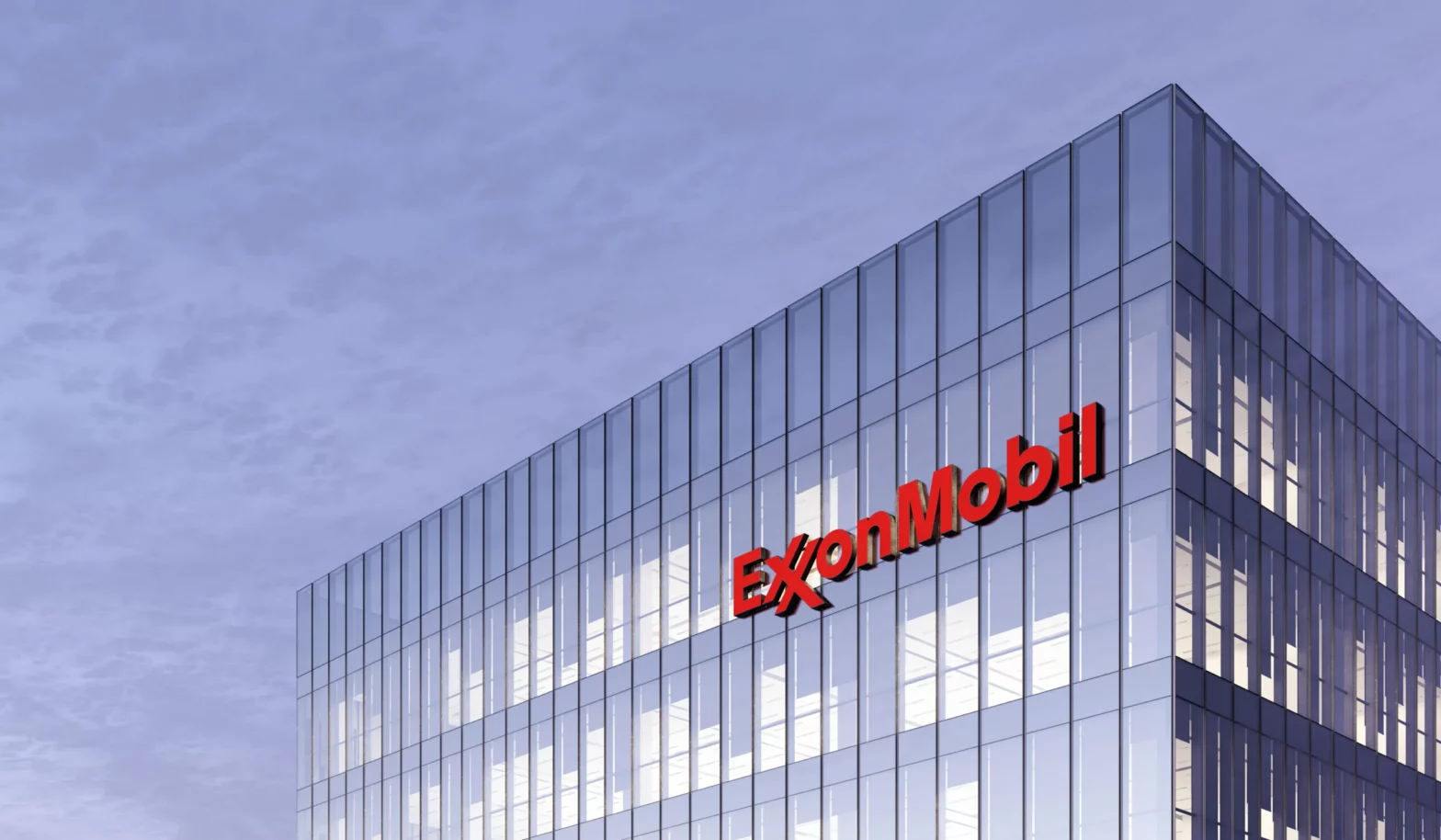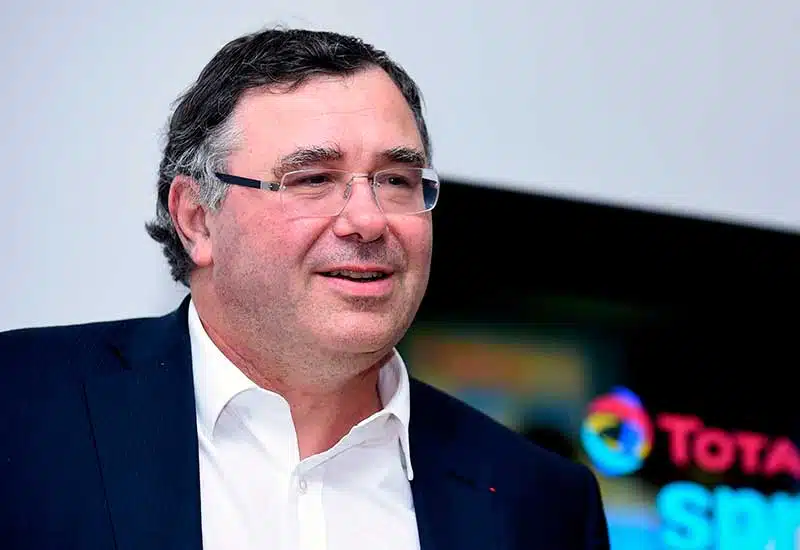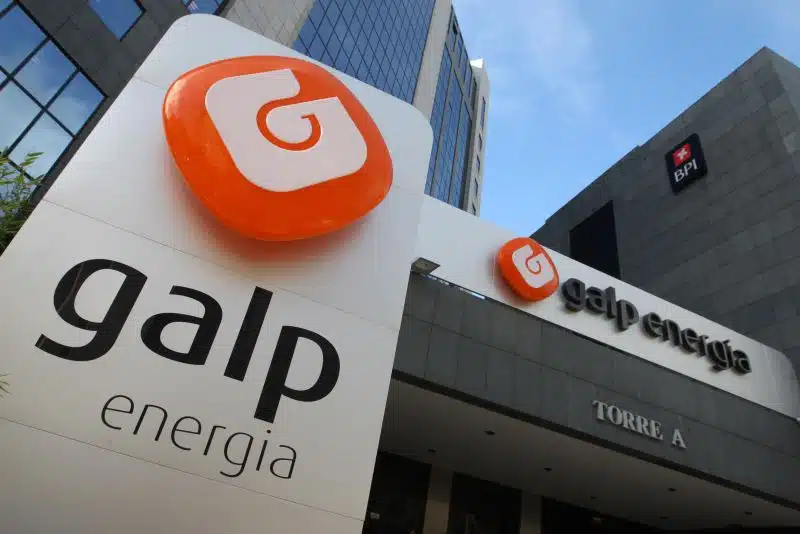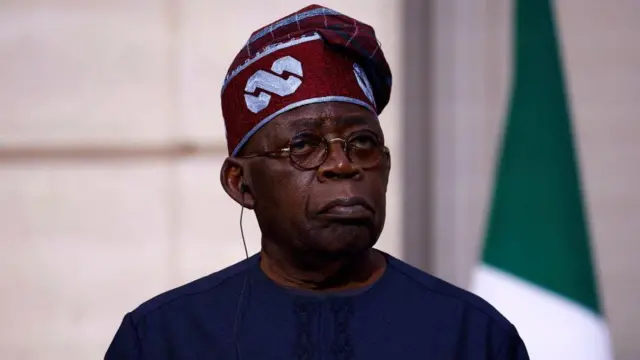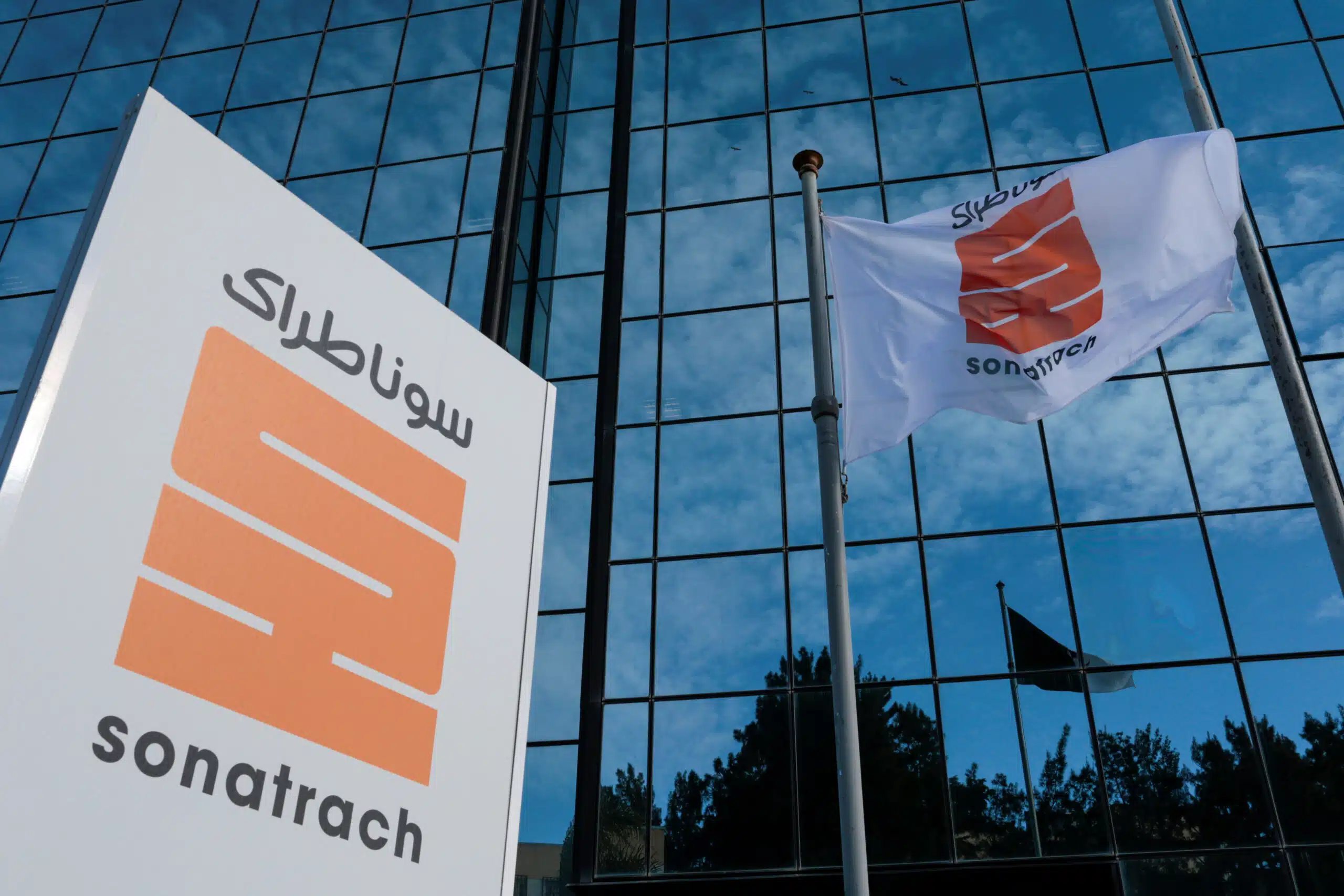Oil and gas activities in Africa have entered a higher gear in recent months, thanks to its huge and largely untapped hydrocarbon reserves.
Despite mounting global pressure to transition away from fossil fuels, the continent has become the focus of a fresh wave of drilling campaigns and billion-dollar investments.
This year, several high-impact projects in places like Namibia, Angola and Libya have shaped and continue to shape the sector, opening opportunities for both resource development and economic growth.
International oil majors are doubling down, chasing what many describe as Africa’s “last great hydrocarbon frontier.”
In 2024 alone, Africa attracted over $13 billion in new oil and gas investments, with a big share of that going to Nigeria , Angola, Congo, Uganda and Côte d’Ivoire.
This stands in sharp contrast to Europe where fossil fuel production keeps falling as oil and gas companies increasingly look into clean energy projects over climate change.
This surge, often summed up in the phrase “drill, baby, drill”, is reshaping Africa’s energy map, raising hopes for economic growth but also questions about climate responsibility and long-term sustainability.
In this article, we make sense of all of these and their broader implications for African economies.
Why “drill, baby, drill” is on the surge
For decades, Africa has been known as a frontier for oil and gas discoveries, but in recent years the continent has witnessed a renewed exploration drive as international and national oil companies race to unlock vast untapped reserves.
From offshore Namibia to deepwater Senegal and frontier acreage in Uganda, the “drill, baby, drill” mantra is surging once again across Africa.
Russia’s invasion of Ukraine upended global energy markets, forcing Europe and Asia to seek alternative sources of crude oil and natural gas.
Africa, with its proximity to Europe and abundant underdeveloped reserves, has become a natural target.
Countries such as Algeria, Nigeria, and Angola have expanded exports to European buyers, while new entrants like Mozambique, Tanzania, Senegal and Mauritania are fast-tracking LNG projects. This geopolitical shift has accelerated foreign investment in African hydrocarbons.
Exploration success stories are fueling the surge.
Namibia, for example, has become one of the hottest oil frontiers. TotalEnergies and Shell have recently made giant offshore discoveries there that potentially rival Guyana’s reserves.
Similarly, Uganda’s Lake Albert development, though delayed, is progressing toward oil production with the East African Crude Oil Pipeline (EACOP).
TotalEnergies is currently working to resume development of its $20 billion LNG project in Mozambique.
These frontiers are attracting billions in new investment, even as mature producers like Nigeria and Angola face a decline in legacy fields.
Policy shifts including Nigeria’s new Petroleum Industry Act, Angola’s fiscal reforms, and Namibia’s fast-tracked licensing regime have boosted investor confidence in Africa’s oil market.
Also, Big Oil’s strategic divestment from onshore/shallow water to deepwater and frontier basins have also helped reduce their risk exposure in terms of security and community issues.
Who’s drilling and where
A significant share of the recent foreign investment in Africa’s oil and gas sector is directed towards the offshore terrains.
This goes parallel with a 2024 report by Rystad Energy which suggests offshore deepwater projects as among the most cost-effective for new developments. The other is tight oil.
- Nigeria: TotalEnergies’ Preowei and Akpo West, Shell’s Bonga North, ExxonMobil’s deepwater tie-backs.
- Namibia: TotalEnergies’ Venus, Shell’s Graff, Galp’s Mopane discoveries.
- Angola: CLOV Phase 3, Begonia, and BP/Eni’s Agogo.
- Mozambique: Eni’s Coral South FLNG expansion, TotalEnergies’ Area 1 restart.
- South Africa: Orange Basin interest despite legal pushback.
There has also been a remarkable increase in oil production in several African countries lately.
Nigeria met its 1.5 million barrels per day for the second consecutive month in July, having already done so in January.
Angola’s Agogo field and CLOV phase 3 and Begonia fields have resumed production, adding as much as 150,000 barrels per day in new capacity.
Oil production has also rebounded in Libya as the country’s political climate gradually returns to its pre-war 2011 mode.
According to OPEC’s data for August, the North African country is producing between 1.3 million and 1.4 million barrels of oil daily, up from the near zero volume seen in October 2011.
Also, global oil players like BP, TotalEnergies, Eni, OMV, Repsol, Shell and ExxonMobil who once fled for safety during the civil war have now returned to reactivate their exploration and production contracts.
The big spenders
In the ongoing surge in Africa’s upstream a handful of oil majors are writing the biggest cheques.
According to data analysed from different sources, TotalEnergies is leading the charge in both oil and LNG. Here are the major projects that the French company is spending big on:
- Mozambique LNG (Area 1) – $20 billion.
- Uganda/Tanzania (Tilenga, Kingfisher & EACOP) – $15 billion.
- Namibia (Orange Basin) – Multi-well appraisal/exploration ongoing ahead of targeted FID.
Africa receives the largest share of the company’s global exploration budget and accounts for half of its operated production worldwide.
Companywide, TotalEnergies kept 2024 net investments at approximately $17.8 billion, signalling the capacity to fund Africa growth alongside shareholder returns.
BP & Kosmos Energy: West Africa gas anchor
- Greater Tortue Ahmeyim (GTA) FLNG, Senegal/Mauritania) – Gas flow initiated for Phase 1, designed for ~2.3 mtpa LNG with multi-decade plateau; Phase 2 talks are advancing.
Eni (and Azule Energy with BP): Angola & Congo gas growth
- Congo LNG – Two FLNG units (Tango FLNG and a second unit) push capacity to ~3 mtpa by end-2025, opening a new Atlantic LNG stream.
- Angola (with bp via Azule Energy) – Part of a national push targeting $60 billion oil & gas investment over five years, with new gas projects (e.g., Quiluma/Maboqueiro).
Shell: frontier exploration appetite
- Orange Basin – New multi-well programs cleared in South Africa (subject to appeal) while Namibia remains a focal point of its Atlantic Margin strategy.
The big spenders; TotalEnergies, BP/Kosmos, Eni/Azule, Shell (and to a degree Chevron in Angola’s gas build-out), are re-rating Africa’s upstream with multi-year, multi-billion-dollar commitments.
The near-term action is gas-weighted (GTA, Congo LNG, Angola gas, Mozambique LNG restart), while frontier oil in Namibia’s Orange Basin could deliver Africa’s next large oil province if upcoming wells and FIDs land as planned.
What these mean for African economies
Oil and gas remain a lifeline for many African economies. Increased activity translates into higher royalties, taxes, and dividends for host governments.
For example, Nigeria derives over 80% of its export earnings from hydrocarbons, while Angola relies on oil for about 90% of its foreign exchange.
With more drilling and discoveries, fiscal revenues could help governments plug budget deficits and fund social programs.
Aside from boosting public finance, another major derivative of the “drill, baby, drill” surge is energy security and industrialisation.
Given Africa’s huge energy deficit, new projects can reduce dependence on imported fuels and power industrial growth.
The Dangote Refinery in Nigeria, fueled by local crude, is expected to cut down fuel imports significantly.
Similarly, LNG projects in Mozambique and Tanzania could supply both domestic power plants and regional neighbours, improving access to affordable energy and accelerating industrialisation
Additionally, this surge creates opportunities for direct and indirect jobs. Drilling, construction, logistics, and maintenance all require manpower.
Local content laws in countries like Nigeria, Ghana, and Angola are ensuring that nationals get more seats at the table; whether through contracts, training, or technology transfer.
This strengthens domestic capacity and reduces reliance on foreign contractors.
For instance, massive divestments from Nigeria’s onshore and shallow water fields by Big Oil have opened up opportunities for local and indigenous contractors like Seplat, Aiteo, Heirs Energies, Renaissance Group and Oando PLC.
According to the Nigerian Upstream Petroleum Regulatory Commission (NUPRC), local companies now account for well over half of the country’s daily oil, up from about 40% before the recent divestment wave.
Similarly, local content participation in Nigeria’s oil sector increased to 54% in 2023 from below 10% in 2010.
The pushbacks
Despite the surge in “drill, baby, drill” in Africa, the continent’s oil and gas development has consistently been slowed, stalled, or derailed by a range of structural, political, environmental, and financial pushbacks.
Security challenges remain one of the biggest barriers.
In Nigeria, pipeline vandalism and oil theft in the Niger Delta region have resulted in billions of lost revenues.
Data from the government shows that the country loses around $1 billion annually to oil theft and under-declared exports.
This increases the cost of production for oil contractors.
Mozambique’s LNG megaproject, led by TotalEnergies, has been on hold since 2021 after Jihadist insurgencies in Cabo Delgado created unsafe conditions for workers and contractors.
Climate groups in the US are also kicking against the government’s $4.7 billion funding approval for the $20 billion project, citing environmental concerns and negligence of due process.
These conflicts not only increase costs for operators but also make long-term investments risky.
This played out in Libya during the 2011 Arab Spring when political instability caused major players to dump their operations of high security risk.
Meanwhile, in recent months, these oil operators have gradually returned as the political climate improves.
Secondly, regulatory instability has often discouraged investors. Frequent policy changes, lengthy approval processes, and disagreements over fiscal terms weaken investor confidence.
For instance, years of delays in passing Nigeria’s Petroleum Industry Act stalled deepwater investments, while Uganda’s oil project faced repeated delays due to disagreements on tax terms and pipeline financing.
Similarly, Ghana’s Tullow Oil has been battling tax evasion charges against the country’s revenue agency for well over a decade now which has impacted its reinvestment in legacy fields.
Also, in South Africa, TotalEnergies and Shell are facing tough regulatory hurdles in securing exploration permits for drilling in the country’s hydrocarbons-rich offshore basins.
Other limiting factors include growing global energy transition pressure, infrastructure deficit and funding challenges.
Geopolitical dimensions
Moreover, geopolitics plays a key role in the surge in oil and gas production across Africa as Big Oil again sees another opportune moment to continue drilling.
Despite growing calls for a global transition to clean energies, the present US administration of Donald Trump has fueled optimism among players in the fossil fuel market.
While many countries in Europe are frowning at fossil fuel development and calling for “dole, baby, dole,” President Trump has quieted such concerns in America.
Since coming on board, Trump has dismantled several climate policies set up by the previous administration and declared a national energy emergency, championing U.S. fossil energy dominance through “drill, baby, drill”.
This action has triggered renewed optimism in the global fossil fuel market, with Africa already facing a resurgence in oil and gas activities.
Not only that, he has also imposed new tariffs on countries that he said enjoyed undue trade relations with the US like China and India.
These Asian countries, themselves big oil importers, have seen more competitive alternatives in Africa, fueling production on the continent.
The outlook
On the whole, Africa is witnessing a surge, thanks to Big Oil’s massive investment and exploration drive, but the upside comes with caution.
Heavy reliance on oil and gas makes economies vulnerable to global price swings.
A downturn in oil prices, as seen in 2014 and during COVID-19, can quickly wipe revenues and destabilize budgets.
Without diversification, oil-dependent economies on the continent risk falling deeper into the “resource curse.”
Rising activity also raises questions about climate commitments, local environmental risks, and community relations.
Oil spills, gas flaring, and land use conflicts could offset economic gains if not managed properly.
As the world shifts toward renewables, there’s a risk that Africa could be left holding “stranded assets” if demand falls faster than expected.
Whether African countries use the oil boom to fund the transition to renewables is another question.

